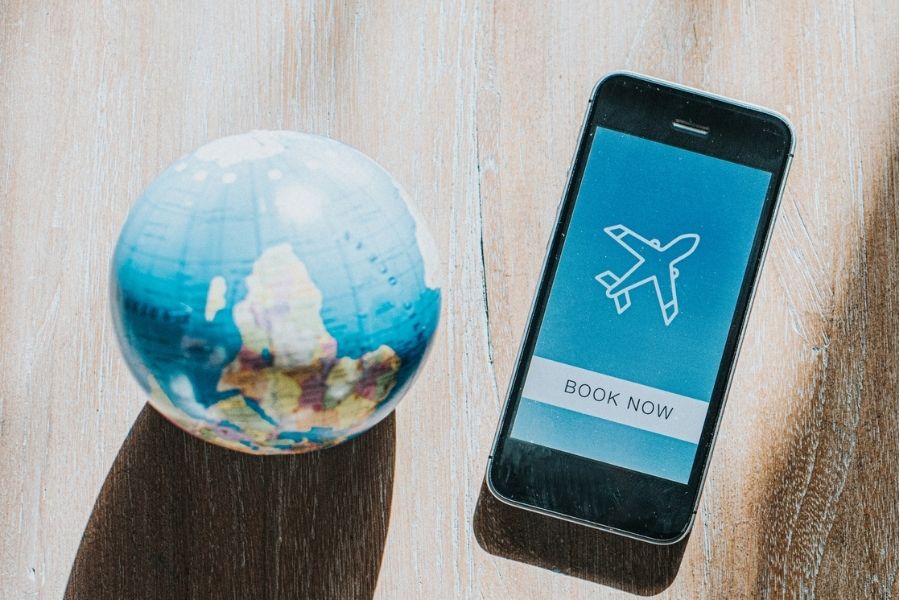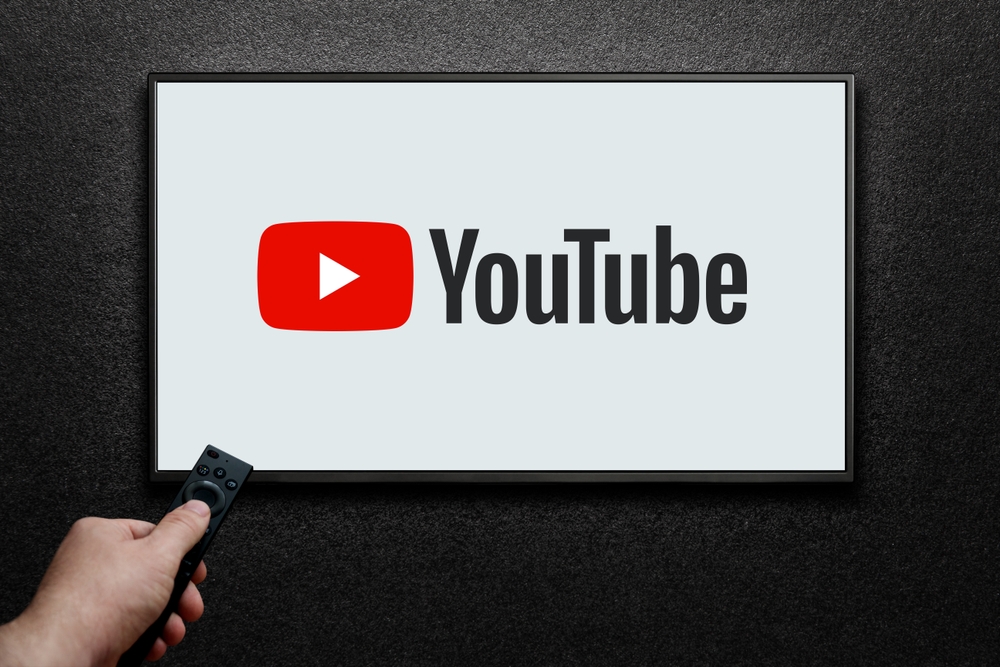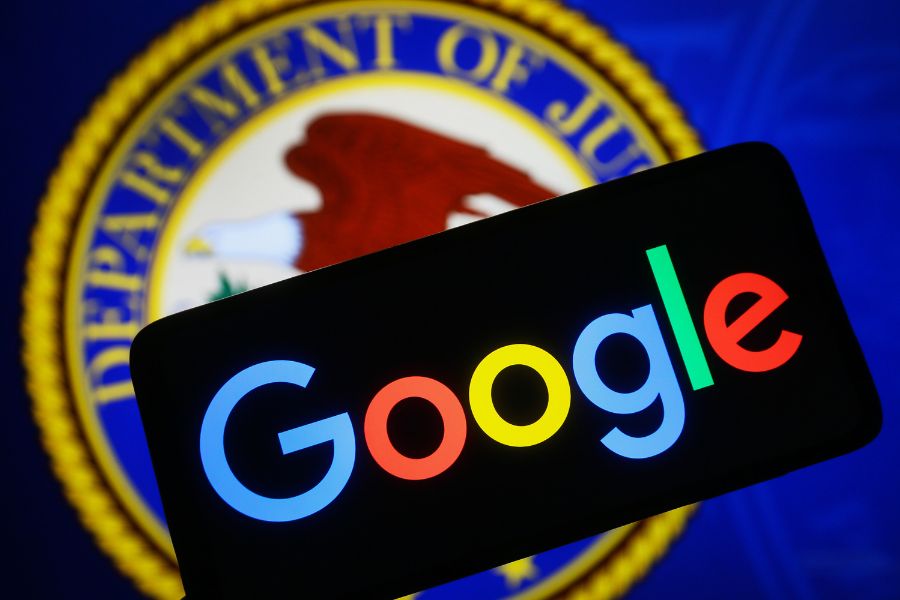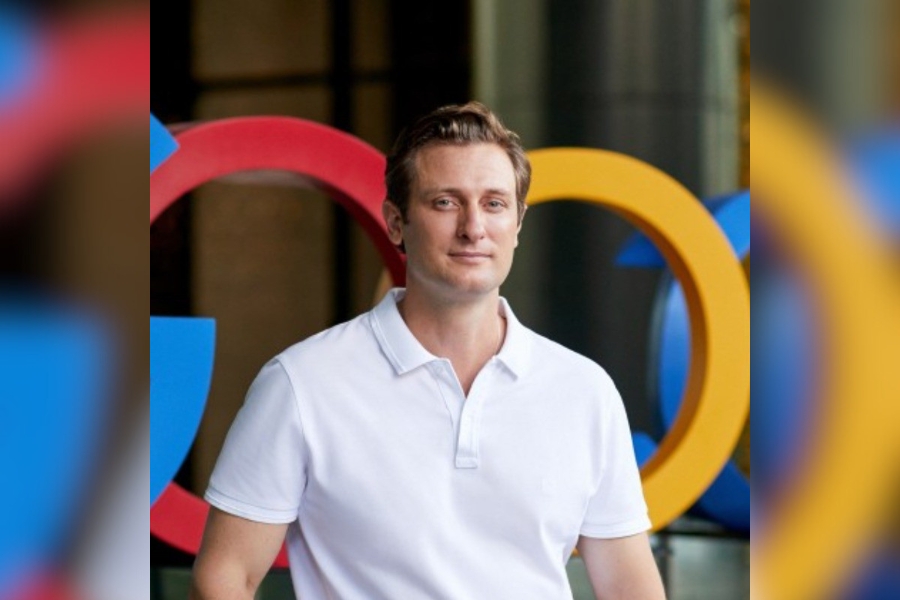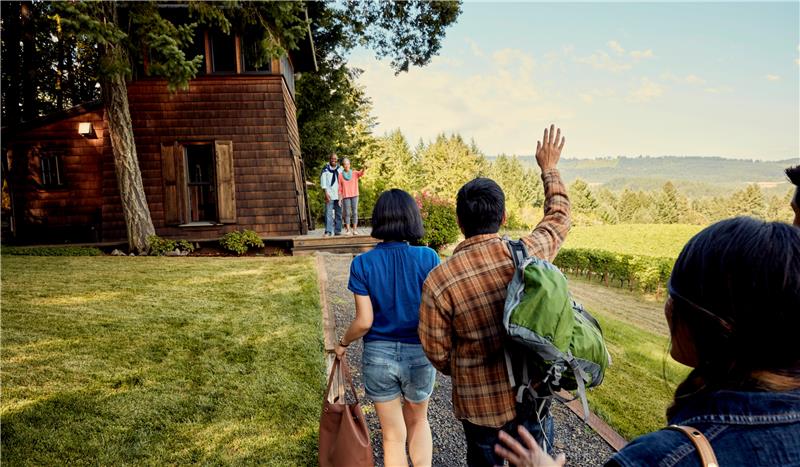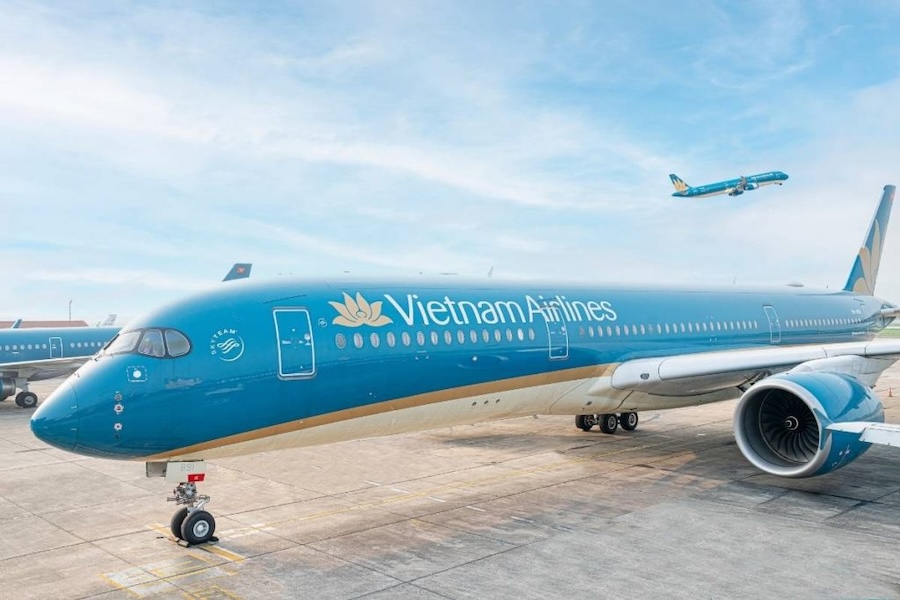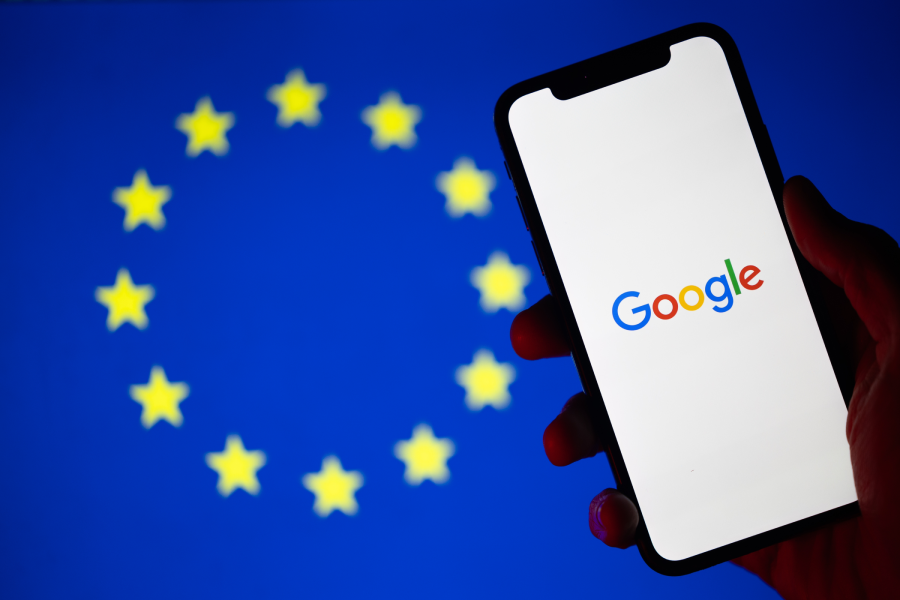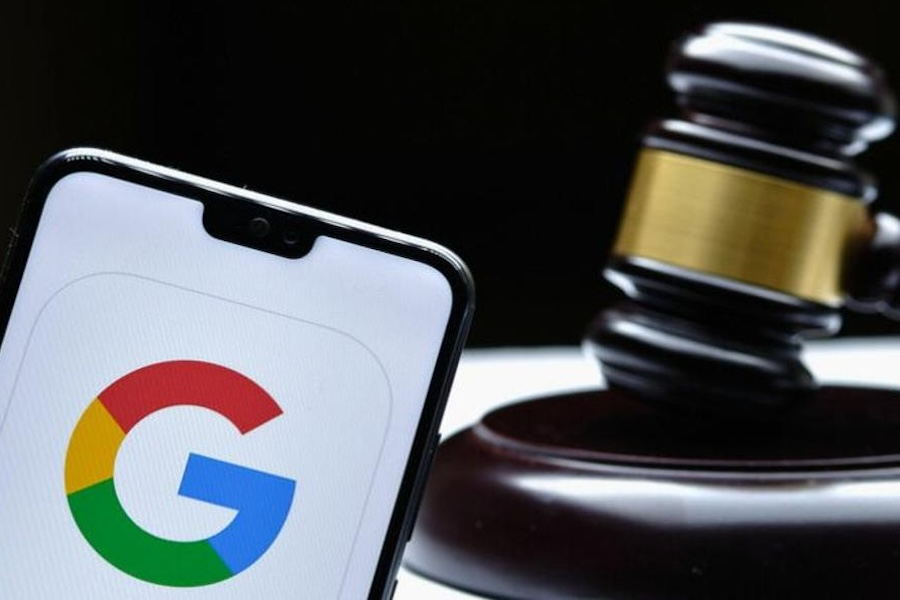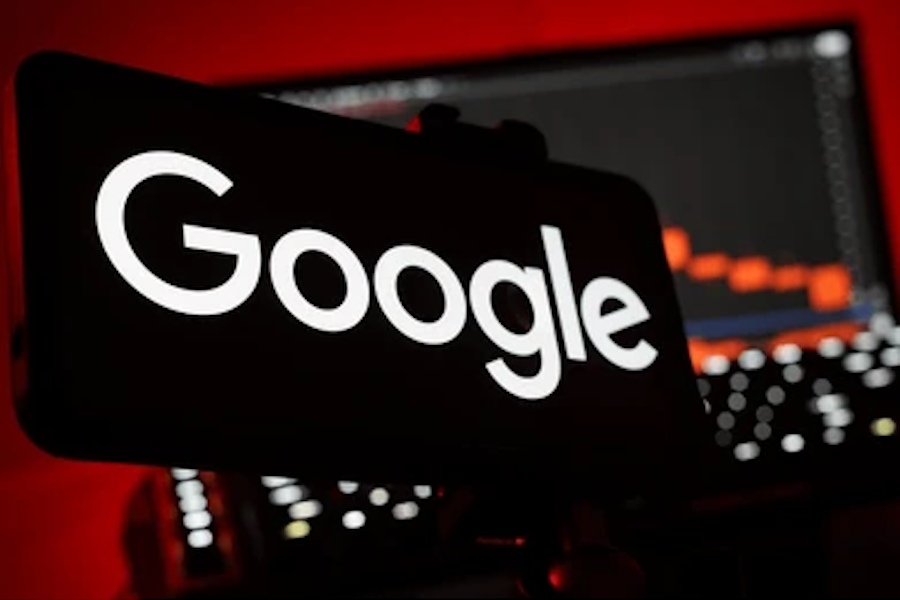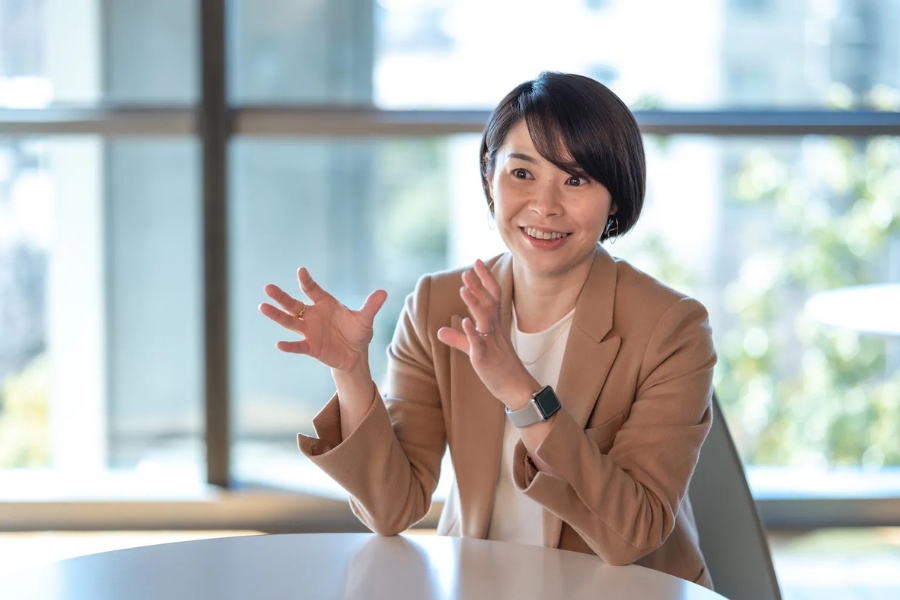Today, travellers want more seamless and personalised experiences, convenience, and peace of mind. Outside of Asia Pacific, as travel opens up, there has been a demand for high-end and luxury travel. Consumers splurge on experiences that were impossible to materialise in the past two years.
Stuart McLennan, SVP for APAC at Rakuten Advertising, says he sees more consumers researching and looking for travel destination inspiration in APAC and sourcing for the best market deals.
"That means performance-marketing tools like affiliate marketing can help travel marketers re-engage customers in a low-risk, cost-per-sale environment, enabling brands to reach customers across various websites and apps while providing a clear return on investment," he tells Campaign Asia-Pacific.
"Many of our travel advertisers on the Rakuten Affiliate Network, as expected, suspended their affiliate marketing programmes during the pandemic."
However, he adds that the company is now seeing an increase in demand for upper-funnel content partnerships and lower funnel loyalty programmes. For example, travel marketers can use influencers to create inspirational content paired with an enticing offer to entice customers to buy.
Plus, working with an affiliate network allows brands to incentivise influencers, large media properties, comparison sites, cashback sites, and payment providers to deliver sales based on an agreed-upon cost per action rate.
"With various options available to consumers, affiliate marketing ensures that advertisers only pay for completed sales rather than potentially squandered cost per thousand impressions and cost per click," he says.
Aside from affiliate marketing, travel marketers also use technology and data to stand out from other destinations as international travel resumes on a larger scale.
For example, the Singapore Tourism Board explores using technologies like Google Cloud's Immersive Stream for XR tools like the Smart Travel Companion for a more immersive and personalised visitor experience.
Using tech means visitors can explore critical landmarks and attractions via augmented reality (AR), which will help plan their trip itineraries, Wong Ming Fai, the chief technology officer at STB, explains to Campaign Asia-Pacific.
"We also hope that such photorealistic, cinematic displays will inspire travellers to visit Singapore. Post-arrival, visitors will get real-time recommendations based on their location and interests and be able to explore these recommendations via high-quality, immersive experiences on their devices. This will allow them to make decisions on the go and facilitate ease of travel," he says.
STB uses a data analytics platform called Stan to view visualisations and analyse tourism-related data aggregated from STB and the industry to derive actionable insights about Singapore's visitors.
It has also launched the Singapore Tourism Accelerator, a four-month programme for promising technology start-ups or pre-scaleups that can develop solutions to future-proof the travel and tourism industry and help tourism companies address challenges post-Covid.
Encompassing all this tech is 'The One Singapore Experience', STB's strategy to transform the end-to-end destination experience for visitors to Singapore to create a seamless, personalised visitor journey. It hopes this will help drive visitor arrivals, tourism receipts, and destination loyalty.
Some travel businesses are also experimenting to engage travellers and build their brand with Web3 technology. Singaporean-owned Millennium Hotels and Resorts, for instance, launched a hotel in Decentraland in May this year where guests can tour the virtual hotel and have the opportunity to win real-world hotel rewards.
Dayaway, a booking platform for hotel experiences, has announced their plans to transition into Web3. They plan to launch an NFT-based loyalty programme to transform the way travel brands engage their customers by building a digital experience that is also linked to offline rewards.
Hermione Joye, the travel lead for APAC at Google, says travellers today tend to plan their trips more carefully and seek out unique experiences on their trips, and immersive technologies can enhance pre-trip planning as the pandemic has accelerated the extent to which people use video.
“Immersive tours of flights, accommodation and destination activities can not only offer travellers a greater sense of confidence as they plan and book, but also help to cultivate a greater sense of excitement ahead of the trip,” she tells Campaign Asia-Pacific.
“Such offerings can also vastly improve the on-the-go experience by helping travelers make better decisions as they navigate their trip on the ground, and allowing them to share their experiences with friends and family in a more tangible way.”

